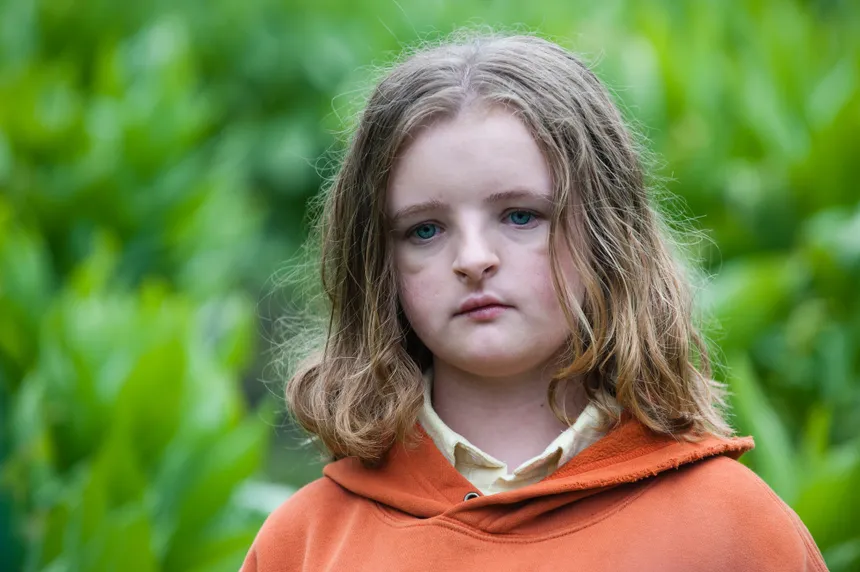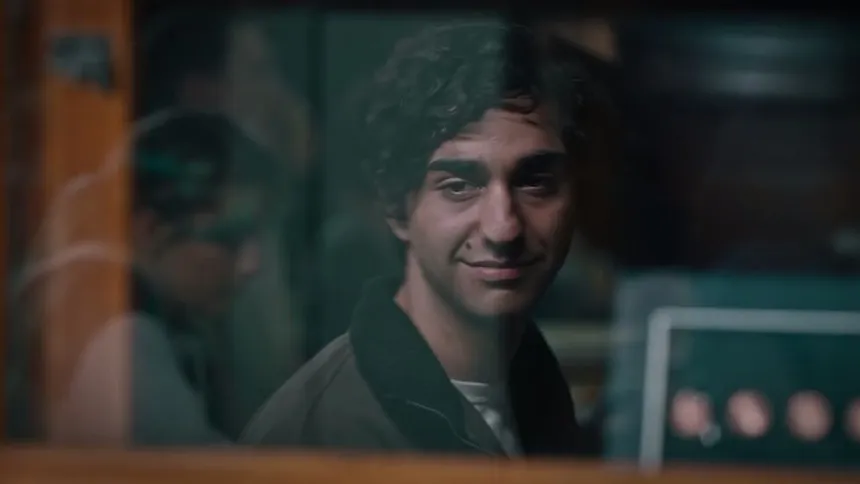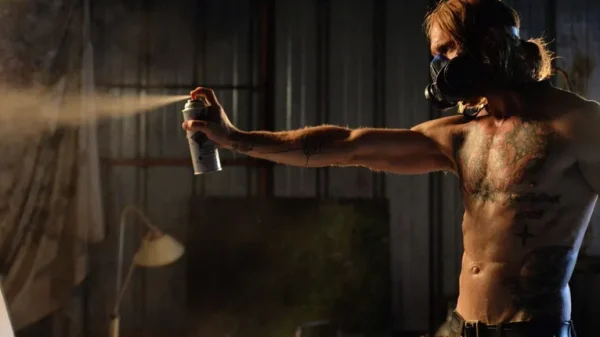Ari Aster’s filmography is a peculiar and singular entity, replete with films that are both fascinating and unsettling. Despite his relatively short career, Aster has managed to craft a distinctive body of work that explores the darker aspects of human nature. This ranking of his films, including both his short films and feature-length works, offers a look into the cinematic psyche of a director who is unafraid to push boundaries and challenge his audience.
Aster’s directorial debut, “Herman’s Cure-All Tonic” (2008), is a 12-minute short film that, while somewhat awkward and unremarkable, demonstrates his early willingness to explore themes of family dynamics and trauma. Another early short film, “TDF Really Works” (2011), is a brief 2 minutes and 44 seconds long and functions as a fake infomercial for a bizarre product. Despite its immaturity, it showcases Aster’s willingness to experiment and push the envelope.
“Basically” (2014) is a quarter-hour short film featuring an extended monologue delivered by a young woman with a dark sense of humor and sarcasm. This work is more engaging and entertaining than some of Aster’s earlier efforts. Similarly, “The Turtle’s Head” (2014) is a parody of old detective stories and classic film noir movies, featuring a protagonist more concerned with his own medical condition than the case at hand.
“Beau” (2011) is a seven-minute short film that feels like a condensed version of the first act of “Beau Is Afraid.” It tells a tense and darkly funny story about an unlucky and anxious man battling against a world that seems to hate him. “C’est la Vie” (2016) is another effective satirical commentary on the state of the world, featuring a passionate and angry homeless man ranting to the camera while the world continues turning in the background, seemingly oblivious to his plight.

A Still From Hereditary 2018 (Photo: Hereditary)
“The Strange Thing About the Johnsons” (2011) tells a story about abuse within a family but flips the narrative by making it a son who abuses his father in horrific ways. This short film is likely to divide and traumatize viewers, but it is also a bold and devastating work. Aster’s latest film, “Beau Is Afraid” (2023), is an anxiety-laden odyssey following the protagonist’s journey home after his mother’s sudden death. This film is equal parts adventure, fantasy, psychological drama, and dark comedy, representing Aster’s decision to create something wholly personal without worrying about public opinion.
“Munchausen” (2013) tells the story of a mother’s obsessive love for her son through a silent montage, effectively exploring the twisted dynamics of a family. Aster’s second feature film, “Midsommar” (2019), is a psychological horror film that delves into themes of grief and relationship breakdowns, featuring harrowing scenes of violence, psychological degradation, and hallucinations induced by psychedelic mushrooms.
Finally, “Hereditary” (2018), Aster’s feature film debut, stands as his most acclaimed work. This family drama delves into the intense trauma and loss of a family dealing with the death of their matriarch. Featuring a career-best performance from Toni Collette, “Hereditary” is a film that is likely to leave anyone who watches it feeling uneasy and unnerved.
























